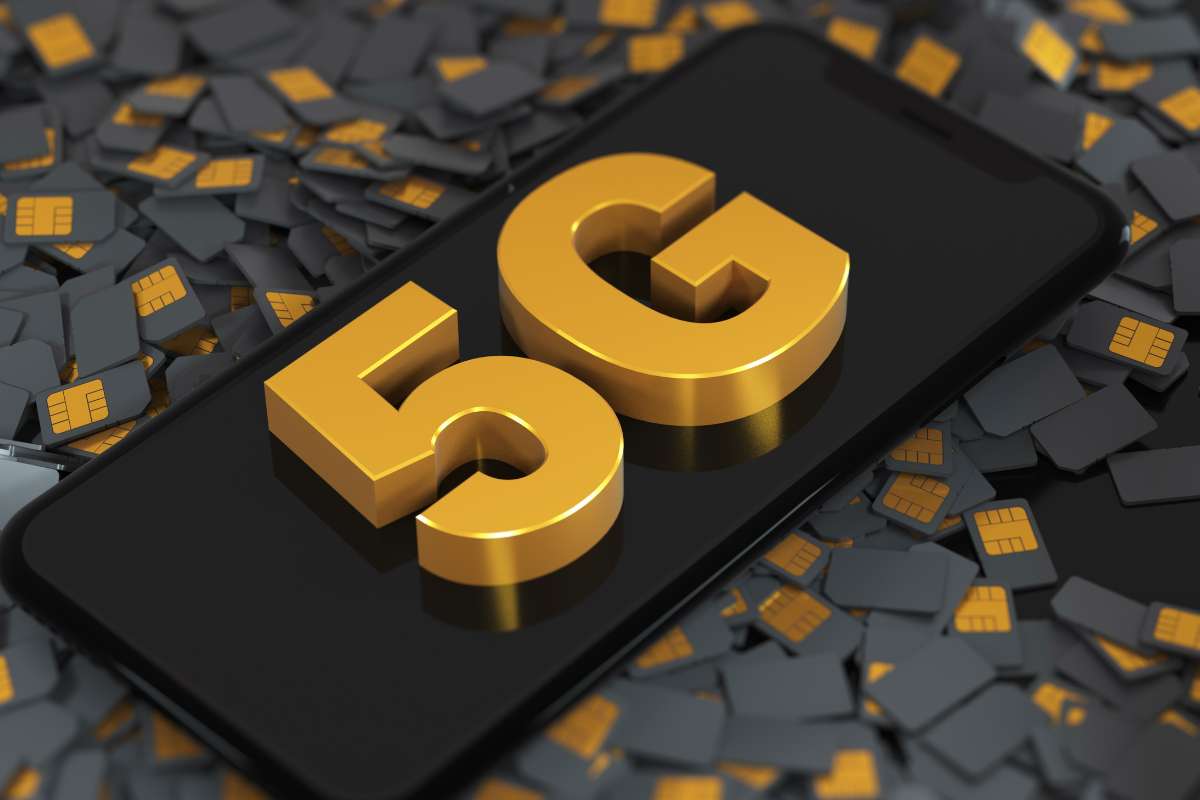5G networks are soon going to be a part of the Indian telecom ecosystem. All the telcos are trying to roll it out as fast as possible (except for the state-run companies). But when we talk solely about 5G, we understand that it is not about the technology that makes it popular, but it is the use cases that it can enable that matter. So, by design, 5G isn’t going to change a lot of things for consumers in a direct manner. At least not for a long time. While it would bring use cases such as cloud gaming to life, consumers won’t benefit from 5G very much. 5G is going to be more crucial for enterprises. But even enterprises won’t spend money for the sake of better technology. 5G would have to directly contribute to their growth, or they would stick with the existing technologies. 5G is meant more for IoT (Internet-of-Things) devices, private networks, and more such use cases that enterprises can benefit from. Initially, only large enterprises would want 5G to be a part of their day-to-day operations. Small businesses wouldn’t need the technology very much. While it could be a game changer for some companies, it wouldn’t matter a bit for others. There are already wireless technologies in play which could be sufficient for enterprises. Private LTE networks already exist. Yes, 5G would be a much better alternative, but the question would always be about whether there’s a need for it. Millions of users and enterprises across the globe will shift to 5G in the near future. But there would still be billions that would wait for the appropriate use cases that 5G can enable for them to really make it worth spending more money on the technology. There’s no doubt that 5G is a superior technology meant to make the world a better place, but it would sure take its sweet time to be adopted widely.
